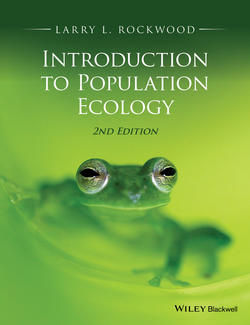Описание книги
Introduction to Population Ecology, 2nd Edition is a comprehensive textbook covering all aspects of population ecology. It uses a wide variety of field and laboratory examples, botanical to zoological, from the tropics to the tundra, to illustrate the fundamental laws of population ecology. Controversies in population ecology are brought fully up to date in this edition, with many brand new and revised examples and data. Each chapter provides an overview of how population theory has developed, followed by descriptions of laboratory and field studies that have been inspired by the theory. Topics explored include single-species population growth and self-limitation, life histories, metapopulations and a wide range of interspecific interactions including competition, mutualism, parasite-host, predator-prey and plant-herbivore. An additional final chapter, new for the second edition, considers multi-trophic and other complex interactions among species. Throughout the book, the mathematics involved is explained with a step-by-step approach, and graphs and other visual aids are used to present a clear illustration of how the models work. Such features make this an accessible introduction to population ecology; essential reading for undergraduate and graduate students taking courses in population ecology, applied ecology, conservation ecology, and conservation biology, including those with little mathematical experience.
